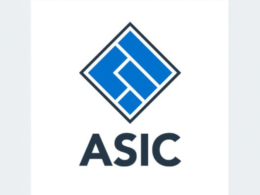Investors need to reassess their portfolios as new European Union regulations targeting deforestation are likely to impact companies linked to key commodities, according to analysts at Jefferies Financial Group Inc.
These regulations, aimed at reducing global deforestation, could affect companies whose products rely on raw materials like rubber, palm oil, and cocoa, as well as livestock products like beef. The EU’s rules, which apply to all investors and businesses operating with or within the EU, aim to prevent 10% of deforestation and cut CO2 emissions by at least 32 million metric tons annually.
Companies lacking adequate policies to address deforestation and biodiversity risks may face challenges due to the increased due diligence requirements imposed by the EU’s Deforestation Regulation (EUDR), Jefferies analysts, led by Luke Sussams, noted in a report.
Jefferies identified companies such as DN Automotive Corp., Hankook Tire and Technology Co., Kuala Lumpur Kepong Berhad, Nexen Tire Corp., Golden-Agri Resources Ltd., Darling Ingredients, and SD Guthrie Berhad as potentially affected.
EUDR mandates that companies trace the raw materials used in products entering the EU back to their origin, ensuring that these materials are not sourced from deforested land and that no human rights violations occurred. This documentation must cover products dating back to Dec. 31, 2020, with non-compliance potentially resulting in significant fines.
The regulation is already influencing markets. Concerns about a potential coffee supply shortage led to a surge in September futures versus December contracts earlier this month in New York, creating the widest spread since January 2022. In July, US papermakers warned of price increases for diapers, sanitary pads, and other hygiene products due to EUDR.
Despite requests from companies and government officials, including those from the US, to delay the regulation due to its broad scope, the EU has maintained its timeline. EUDR is set to take effect on Dec. 30, with a six-month grace period for small businesses.
“Despite numerous strong calls for delays and changes from producer countries and industry stakeholders,” Jefferies said it expects the regulation to “go ahead as planned.”






















